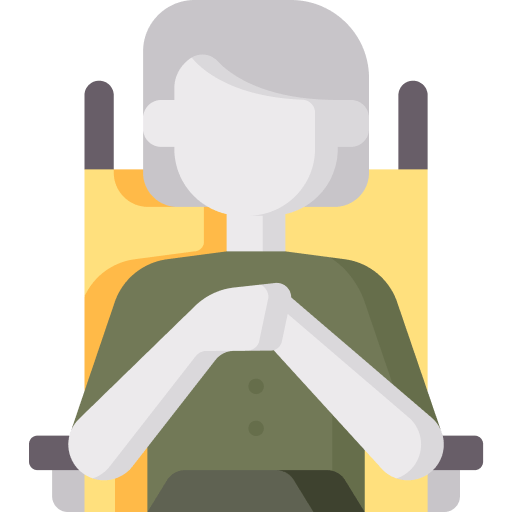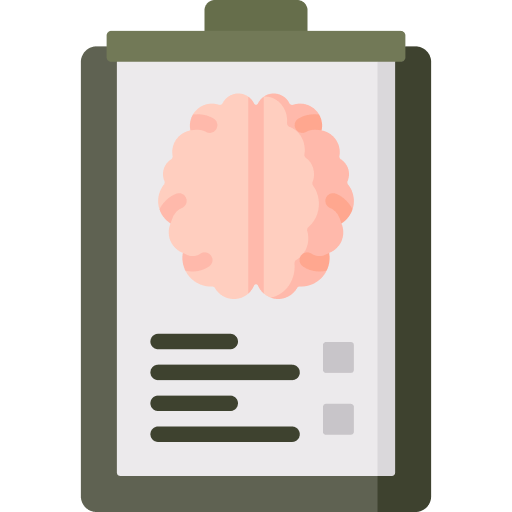Navigating
Life Adjustments
Understanding Life Adjustments
Life is full of changes and transitions that can significantly impact our emotional and mental well-being. Life adjustments refer to the process of adapting to new circumstances, which can include both positive and negative changes. These adjustments might involve moving to a new city, starting a new job, ending a relationship, becoming a parent, retiring, or coping with the loss of a loved one. While change is a natural part of life, it can sometimes be challenging to navigate and may lead to feelings of stress, anxiety, and uncertainty.
Common Life Adjustments

Career Changes
Starting a new job, changing careers, or dealing with unemployment.

Relocation
Moving to a new home, city, or country.

Relationship Changes
Starting or ending a relationship, marriage, or divorce.

Parenthood
Adjusting to the arrival of a new baby or changes in family dynamics.

Health Changes
Coping with illness, injury, or changes in physical abilities.

Grief and Loss
Dealing with the death of a loved one, the end of a significant relationship, or other major losses.

Aging
Transitioning into different life stages, such as retirement or becoming an empty nester.
Symptoms of Difficulty Adjusting

Emotional Symptoms
Anxiety, depression, irritability, and mood swings.

Cognitive Symptoms
Difficulty concentrating, decision-making problems, and persistent worry.

Behavioral Symptoms
Changes in sleeping or eating patterns, withdrawal from social activities, and increased use of substances.

Physical Symptoms
Fatigue, headaches, stomach issues, and other stress-related ailments.
The Impact of Life Adjustments
Life adjustments can have profound effects on various aspects of an individual’s life, including:
-
- Mental Health: Increased risk of anxiety, depression, and other mental health issues.
- Relationships: Strained relationships with family, friends, and colleagues.
- Self-Identity: Challenges in maintaining or redefining one’s sense of self and purpose.
- Daily Functioning: Difficulty managing daily tasks and responsibilities.
Treatments for Life Adjustments
At Clear River Counseling & Wellness, we offer specialized treatments designed to help individuals understand and manage dissociative symptoms. Our approach is compassionate, holistic, and tailored to meet the individual needs of each client.
Acceptance and Commitment Therapy (ACT)
ACT helps individuals accept their dissociative experiences while committing to making meaningful changes in their lives. It focuses on:
-
- Mindfulness: Encouraging present-moment awareness to reduce the impact of past trauma on current experiences.
- Values Clarification: Helping clients identify their core values and commit to actions that align with those values.
- Psychological Flexibility: Enhancing the ability to adapt to challenging situations and emotions without being overwhelmed.
Cognitive Processing Therapy (CPT)
CPT is a cognitive-behavioral therapy that helps individuals challenge and change unhelpful thoughts related to stress and life changes. It focuses on:
- Identifying Maladaptive Thoughts: Recognizing negative thought patterns that contribute to distress.
- Cognitive Restructuring: Reframing these thoughts to promote healthier thinking.
- Behavioral Activation: Encouraging engagement in meaningful activities to improve mood and reduce isolation.
Eye Movement Desensitization and Reprocessing (EMDR)
EMDR is a highly effective therapy for processing and resolving traumatic memories that contribute to dissociative symptoms. It helps clients:
-
- Reprocess Traumatic Memories: Through guided eye movements, clients can reprocess traumatic memories, reducing their emotional impact.
- Develop Positive Beliefs: Replace negative beliefs about the trauma with more adaptive, positive beliefs.
- Enhance Coping Skills: Learn new coping strategies to manage stress and emotional distress.
Why Choose Clear River Counseling & Wellness?

Experienced Therapists
Our team of therapists has extensive experience in helping individuals improve their communication skills.

Personalized Approach
Each client receives a customized plan tailored to their specific needs and goals.

Holistic Care
We consider the interconnectedness of mental, emotional, and physical well-being in our treatment plans.

Supportive Environment
We provide a safe, non-judgmental space for clients to practice and enhance their communication skills.
